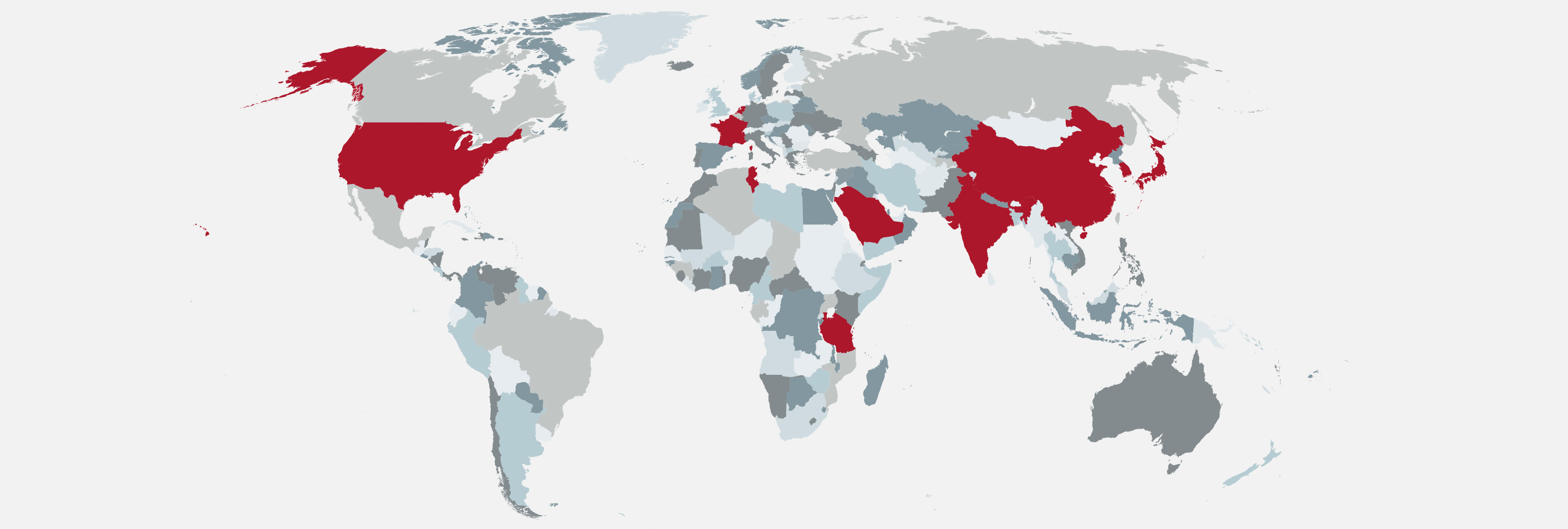For COVID-19 vaccine updates, please review our information guide. For patient eligibility and scheduling availability, please visit VaccineTogetherNY.org.

Colon and rectal cancers (CRCs) are a major health hazard now throughout the world. More than a million cases per year are newly diagnosed worldwide, and although these cancers have historically been common in western countries, they now are increasing rapidly in Asia, the Middle East and elsewhere. Even more alarming are the recent unexplained, rapidly increasing rates of CRC in patients less than 50 years of age.
With rapid communication, data sharing and analysis now available, it is now possible to study especially common and devastating diseases like CRC on a worldwide basis. Using multinational resources, superfast computing, artificial intelligence (AI), and a dedicated team of professionals with expert skills and intimate patient contact, we have the potential to dramatically improve outcomes and seek cures.
With this in mind, an international team of professional healthcare workers formed a cooperative international study group in 2016, dedicated to examining colon cancer on a global scale. Since its founding, the IC3 study group has grown in number of researchers, nations, and continents represented. Current participating nations include China, France, India, Japan, the Netherlands, Saudi Arabia, South Korea, Tanzania, Tunisia and the United States.
Our Mission: to pursue dramatic improvements in the prevention, treatment, and cures of colon & rectal cancer by studying the similarities and differences in CRC between our countries. At the same, through this project we intend to also pursue means to lower health care costs in CRC therapies.
We believe this convergence concept, in a sense forming an “international neural network” with talents from multiple disciplines, is the surest and fastest means to achieve cures or major improvements in the treatment of colon and rectal cancer.
Our initial studies are focused on the following:
These are a sampling of what the IC3 project intends to pursue. Consider that, in the 21st century, leadership in pursuing better, more powerful, and less expensive curative and preventative therapies for CRC should come from a worldwide effort, where major differences (or similarities) can be rapidly evaluated, reported, and acted upon.
The IC3 project has the potential to study many tens of thousands of new patients every year. We hope you will consider a role in joining us on this pathway of hope for patients with colon and rectal cancer and its associated diseases!
Sincerely,
The IC3 Team